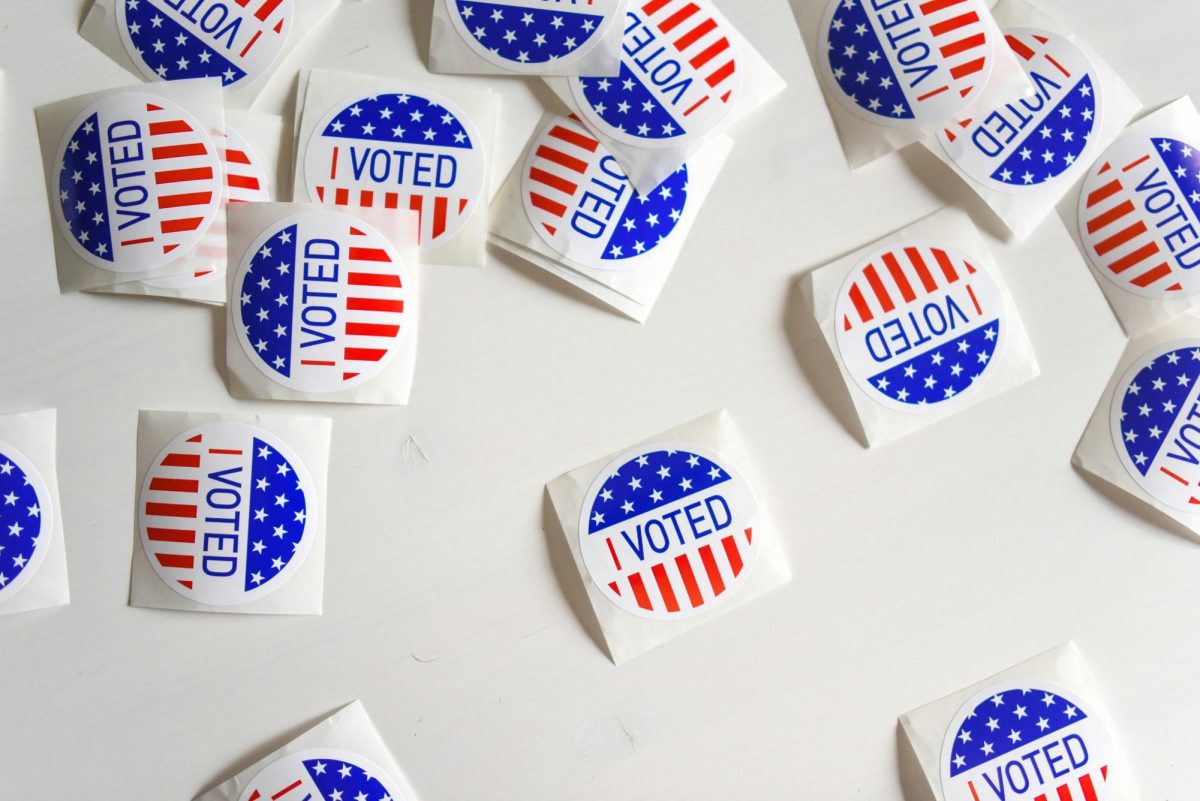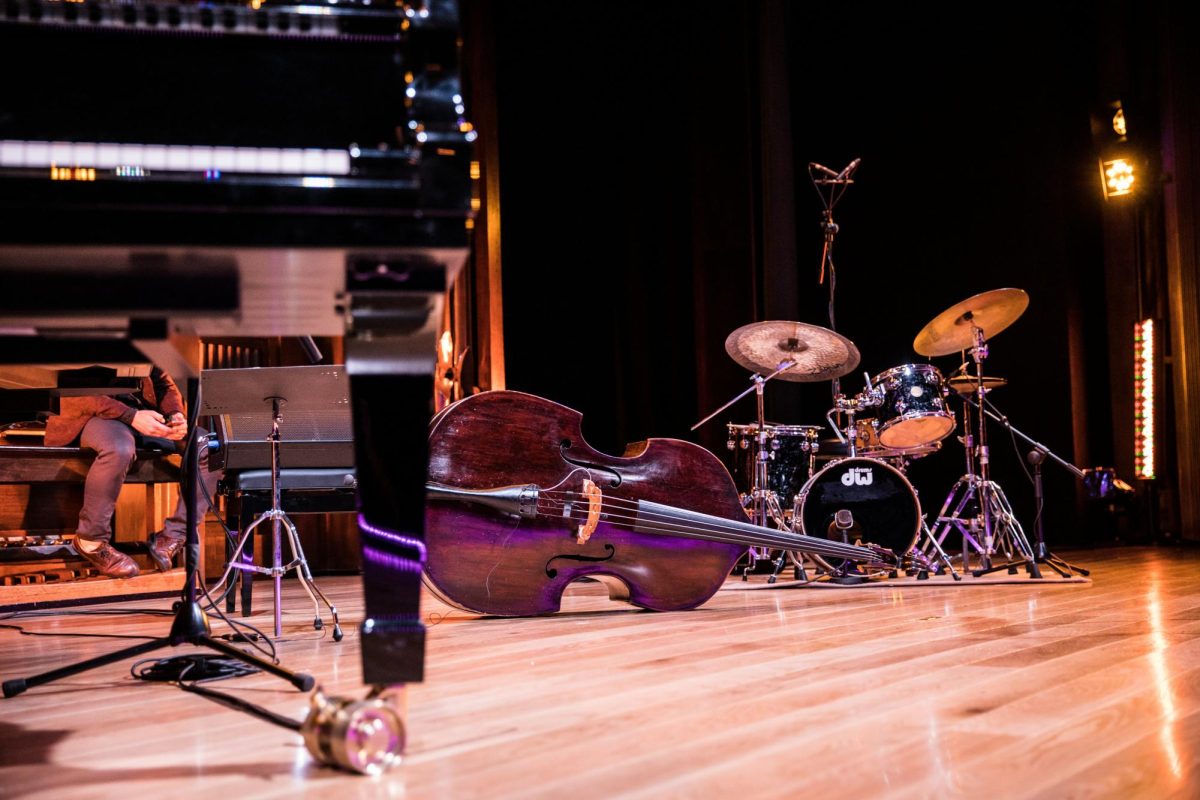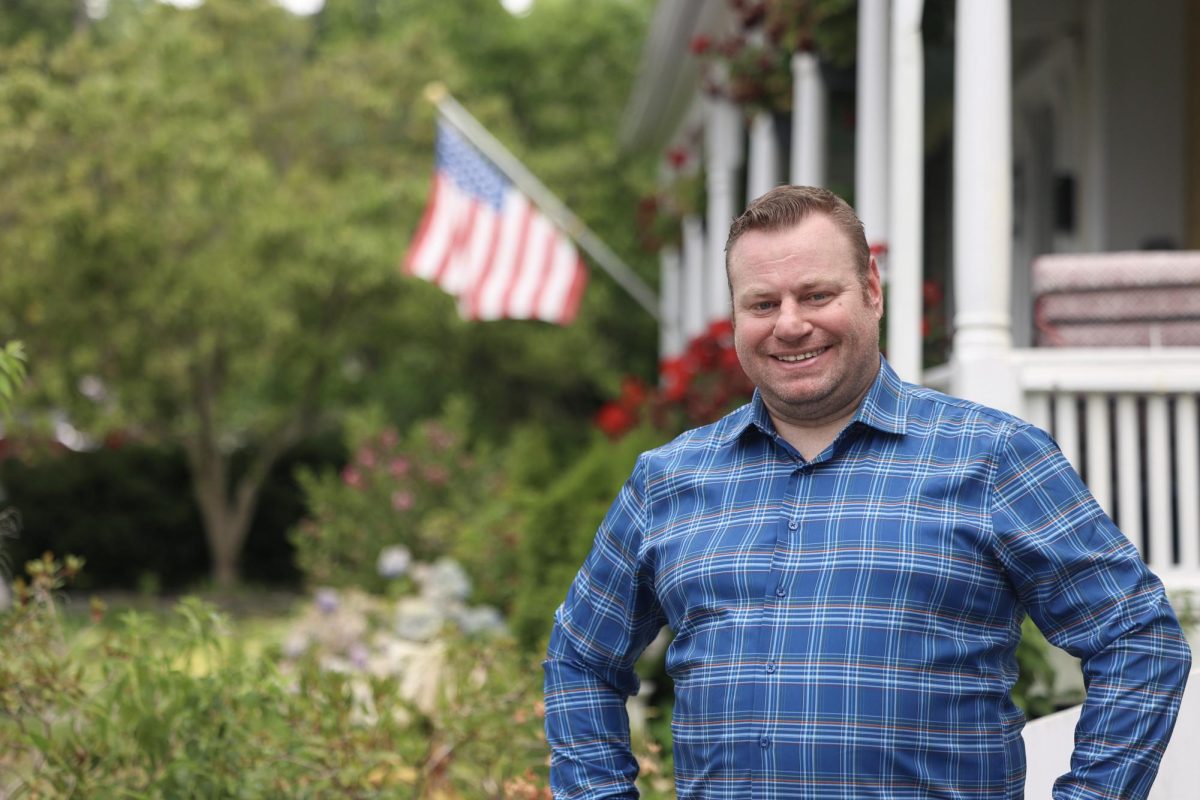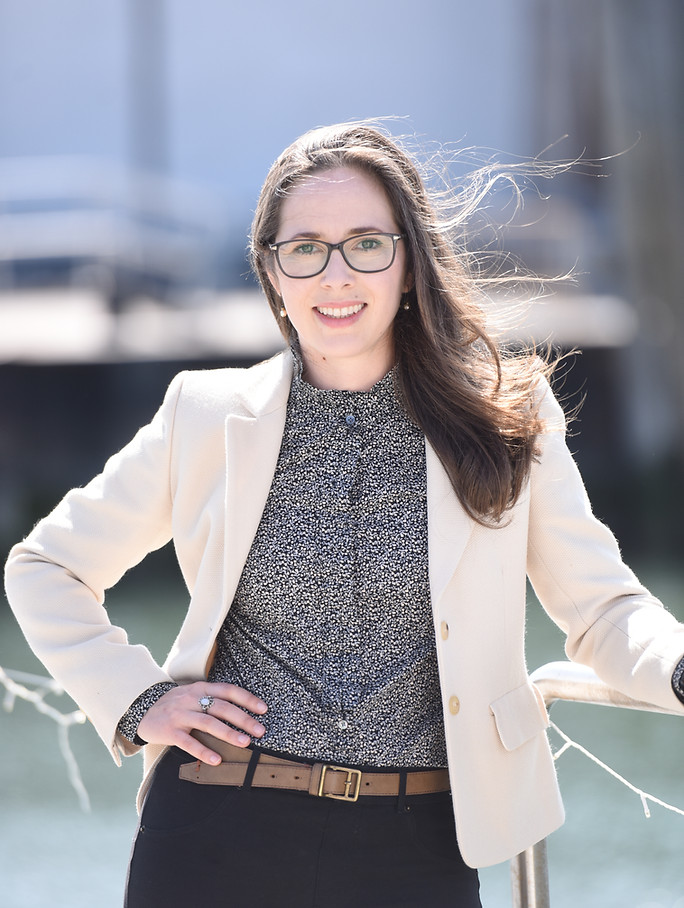The following is an interview with Nancy Goroff, conducted before the Democratic primary on June 25. Goroff was a candidate for Congress in New York’s 1st Congressional District, an area that covers the Three Village Central School District and much of Suffolk County. She was defeated by John Avlon, a former CNN senior political analyst and former editor-in-chief of the Daily Beast.
Kaitlyn Horn: First off, why run for the House of Representatives? What passions of yours have really called you to work in politics?
Nancy Goroff: Really, I think it’s a continuation of the work I’ve been doing my whole life. I taught at Stony Brook, ran my own research lab there, and did a lot of work to try to make the university a better place for students and staff. When I decided to run for the first time in 2019 it was really about—and still is about—working to make our world a better place. I’m very frustrated about the representation we have now that seems to be most interested in talking, but I’m actually about getting things done for the district. So I’m running because we deserve better than that. I’m running to make sure we’re protecting our democracy and especially women’s reproductive freedom, and that we are protecting our communities both from gun violence and the effects of climate change. We live on an island, so extreme weather, coastal erosion and sea level rise are all direct threats to our way of life. I’m running to make sure we have an economy that works for everybody, and I’m very excited to be doing this. Like I said, it’s all about making this place where we live a better place.
KH: What lessons did you take from your run in 2020? What about that experience do you think will guide your campaign this year?
NG: So, in 2019-2020, I was the Democratic nominee running against Lee Zeldin. I learned a lot from the experience, and I got to know many people throughout the district. After that, as I also live in Ward Melville’s school district, the neighboring district of Smithtown had three right-wing Moms for Liberty candidates elected to the school board. These moms talked about banning books, they talked about the GSA (gay-straight alliance) club being the grooming of children, and they used a lot of extremely hateful language. So, a group of us got together and formed the Long Island Strong Schools Alliance to fight against this extremism and mobilize people to fight for our schools and our kids. From that, I have gotten to know so many more people, and we have really worked together to protect our schools from these extremists, now having beaten over two dozen of them in school board races across Long Island, especially in Suffolk County. I would say that this campaign reflects my full experience as a scientist, as a teacher, and as a community leader. And now, since it’s not a pandemic, we can actually meet people face to face, and I’m certainly having a great time talking to voters throughout the district.
KH: I understand that one of your major platform points is advocating for a woman’s right to abortion, and your website states that you plan to “pass a law to restore Roe v. Wade in Congress.” How do you plan to do that as a newcomer, especially with such serious opposition?
NG: Well we have to flip some seats in the House for sure. But the fact is that this is very popular legislation because women want their bodily autonomy, and even conservative Republican women don’t believe that decisions about their reproductive rights should be made by men in Washington. So, we need to restore those rights across the country. It is true that the Republican Study Committee, the largest Republican caucus in the House, has called for a Life at Conception Act, which not only threatens abortion rights but also threatens reproductive health in other ways, like IVF (in vitro fertilization). These are really extreme positions, which the majority of Americans are against, but they’re letting the extreme end of their party determine policy on this. It’s another example of why it’s important to get a change in leadership in the House so we can actually pass this legislation.
KH: According to your website, another main issue for you is gun safety and crime prevention. What steps do you plan to take to “invest in community policing” and “work towards a fairer criminal justice system?”
NG: There are already programs in community policing, which research shows is the most effective method for actually reducing crime. Unfortunately, current Representative Nick LaLota (R, NY) voted against those community policing initiatives. These would be things where you would have police officers walking on the street, talking to people and getting to know them before you have a crime, rather than patrolling in their cars and just responding to reports of incidents. This is to develop a relationship between the police and the community, which has been studied and proven to be much more effective. The key is to have trust between the police and the community, though House Republicans decided that these community policing measures were simply part of some liberal agenda for the big cities. But that’s the sort of program that I would like to see fully funded.
KH: And to address the criminal justice reforms?
NG: Yes, I think part of that is making sure that our police really are connected to the community from the point of when a crime happens so that things are handled well and there is this trust. And then, you need to make sure also that people have equal access to criminal justice—in the system they need to have equal access to representation. We need to make sure that, and we’ve already made some progress on this, we are changing the way crimes are sentenced so that crack cocaine is considered equivalent to other cocaine. These are all parts of making sure that we have a fairer justice system for communities that are less privileged than other communities, making sure that our sentencing is fair, and that people have fair representation.
KH: Thank you for your time. I have one last question: Why do you believe that you’re the best candidate to go into Washington and “get things done for the district” rather than “just talking?”
NG: I think it’s because I have a track record of doing that, of getting things done for the community. Whether we’re talking about at the University, not only helping students there build a better future for themselves but also, for example, getting health insurance for workers who were not considered employees, I found ways to solve these problems practically. And what I’ve been doing to push back on right-wing extremists who are trying to attack our schools. I’ve been doing work in the community for other nonprofits as well, and I’m very proud to have gotten Planned Parenthood’s Impact Award. These are all things that are important to me in which I have had a positive impact. I think that track record shows that I’m more interested in getting things done than just talking.








